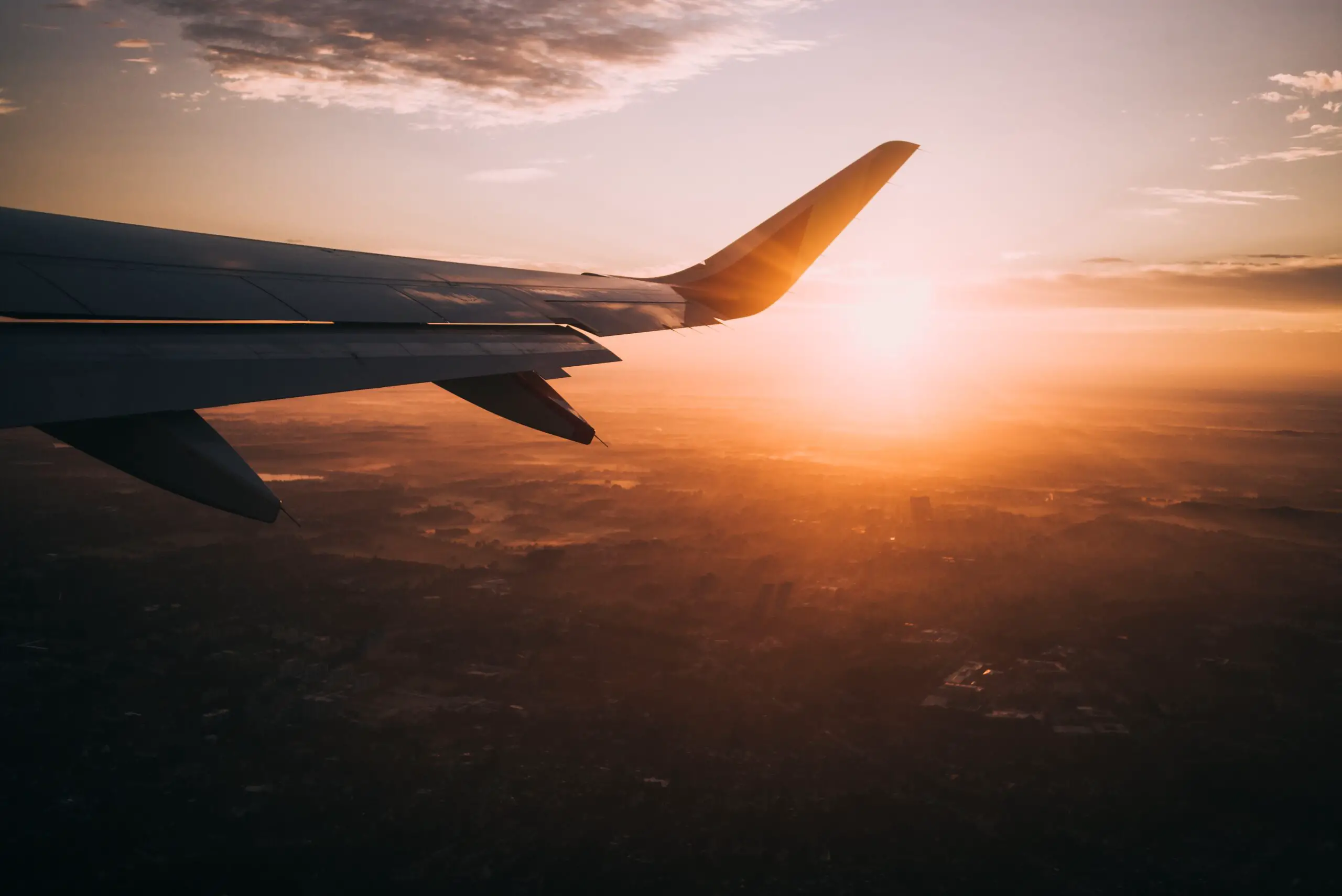If you have flown anywhere that has a time difference, you have likely experienced desynchronosis, commonly known as jet lag. Jet lag is a physiological condition and is the result of changes to our circadian rhythms. Brandon Peters, MD defines circadian rhythms as “the natural pattern of physiological and behavioral processes that are timed to a near 24-hour period. These processes include sleep-wake cycles, body temperature, blood pressure, and the release of hormones.”
Our biological clock (located in the hypothalamus) controls these activities and is influenced by natural light and darkness cycles. This biological clock is able to adjust to natural changes in light over time as the days become shorter and longer. Abrupt changes to light and dark cycles (like transmeridian travel) make it difficult for the circadian rhythms (and our biological clock) to catch up. While it is trying to do so, we are likely to experience symptoms.
Table of Contents
Symptoms of Jet Lag
The most common symptom is irregular sleep or insomnia and therefore fatigue because your body’s sleep pattern no longer fits with the environment’s daylight and nigh time hours. Other symptoms include: disorientation, irritability, headaches, mild depression and constipation or diarrhea. There is some evidence that flying from east to west creates less jet lag.
Prevention of Jet Lag
Given our body’s ability to adjust to light and dark cycles over time, it seems logical that the best way to prevent the symptoms known as jet lag is to adjust gradually to the time change that will occur when we travel. Slowly changing the time you are exposed to, and avoid bright light over a period of time before you travel allows your body clock to adjust. The result is that your body isn’t shocked into a new light/dark pattern when you arrive at your destination. How to do this depends on the time difference of the place you are traveling to.
In-flight care
Whether you can prepare your biological clock or not, there are a few things you can do to counter the negative impact of flying on your body.
- Get plenty of rest, exercise and healthy food before you go. You want to be in as good a shape as you can for your flight. Arriving at the airport stressed out, tired, and hungry are not a good way to start your trip anyways. But the air quality, the cramped space and the possibility that you may not sleep make it more important to be rested , nourished, and healthy.
- Drink lots of water and avoid alcohol and caffeine. Caffeine obviously, can interrupt your sleep. But alcohol dehydrates, and as flying is already dehydrating, having a drink will only make your body work harder.
- Move around. Sitting in one position for long periods of time can create blood clots. Get up and walk around, do exercises at your seat or plan your flight with stop-overs.
While it may be tempting to take sleeping pills in order to sleep on a flight (especially if you are arriving at the airport with a sleep-deficit, this is a possibly dangerous idea. While you are likely to move around a little in your sleep, when you take sleeping pills your movement is drastically reduced. And since prolonged immobility can contribute to the creation of blood clots, taking sleeping pills can put you at greater risk. In addition, they often also dehydrate the body.
Sleep cycles after you arrive
The body is an amazing system that can balance itself out over time given the right circumstances. When you arrive at your destination, getting in sync with the daytime/night time cycle and eating at “local” times will help your biological clock to adjust to your new environment. It will likely take some time, however, if you haven’t been able to prepare in advance.

It’s not a matter of where, but when. Time is precious and my time spent living and experience the cultures of this world is what I lust for. This is why I created this website, to share true, genuine experiences and not just typical touristy info. Travel, the love of coffee, and food!
